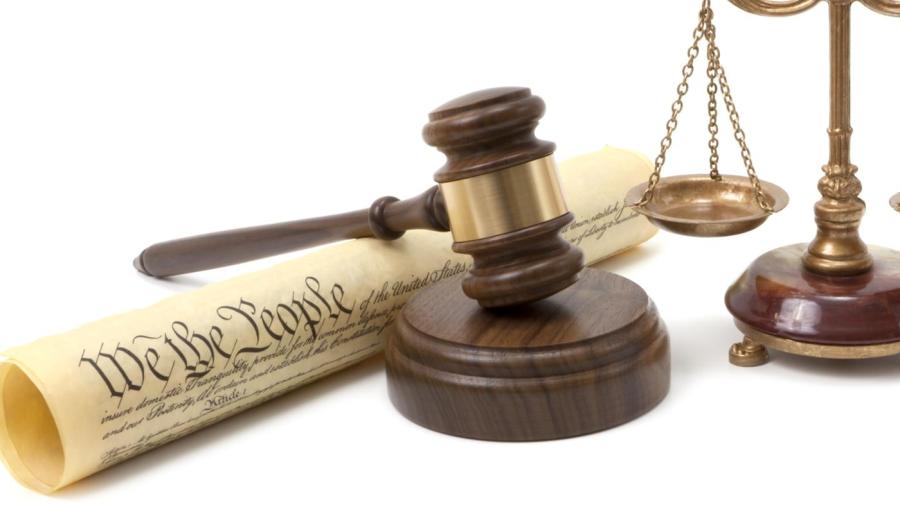What Is the Main Purpose of the Bill of Rights?

The main purpose of the U.S. Bill of Rights is to define the civil liberties of American citizens. It refers to the first 10 amendments of the U.S. Constitution, and it was introduced in 1789 to guarantee the protection of the basic rights that citizens continue to enjoy.
These amendments explicitly provide citizens the right to a public trial for criminal offenses, the right to demand fair and uncruel punishment, the right to question property seizures and arrests without a warrant, freedom of religion, freedom of speech, freedom to assemble, freedom to petition and the right to bear arms.
The Bill of Rights was proposed by James Madison and was formally ratified into effect on Dec. 15, 1791, by the first U.S. Congress.
The proposition for the bill came during the wake of declarations made by Federalist and Anti-Federalist representatives that the ratification of the original U.S. Constitution must be postponed because it did not adhere to the principles of liberty.
The idea of subsequent inclusion of the Bill of Rights was argued against by legislators during the ratification process, but compromises made by Federalists and Anti-Federalists representatives led to its eventual inclusion in the final draft of the Constitution.





